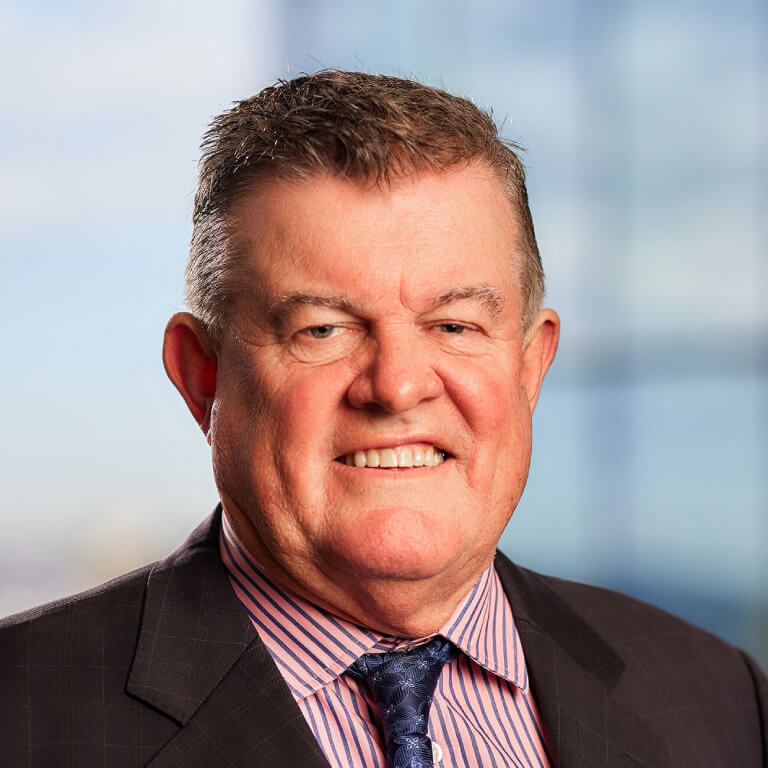As featured in the July 2021 edition of the Queensland Hotels Association’s QHA Review.
After more than 40 years advising the hospitality industry, the topic of electronic gaming machine (EGM) operating authorities, how many exist, how tightly they are held, and whether we have enough, has remained hot in discussions with publicans. And, with the increase in investment and new entrants to the industry in the last 12 months, I thought it relevant to revisit this topic and also provide some 101 information for new entrants.
EGM Operating Authorities, Explained
The maximum number of EGMs allowed under a Gaming Machine Licence (Licence) depends on the type of venue being operated. For a hotel, the maximum number of EGMs allowed is 45. However, there is a key distinction between how many EGMs your venue is licensed for and how many EGM can operate from your venue. This is because under Queensland legislation, a cap is placed on the number of EGMs that can be operated within licensed venues.
Each EGM requires what is known as an “operating authority” – which is essentially a right to operate that specific EGM at your venue that can only be obtained by participating in an authorised sale conducted by the Public Trustee of Queensland (discussed in more detail below).
So, while your hotel may be licensed for 45 EGMs, you may not have obtained the corresponding number of operating authorities, which can be a frustrating situation for Hoteliers. This contributes to the complex ‘balancing act’ of EGM supply and demand.
As at May 2021, the total number of approved operating authorities for hotels in Queensland is 19,500.[1] This is in contrast to the 18,843 operating authorities available in 2003, despite Queensland’s population having increased by ~31% since that time.
To ensure that all the operating authorities are not located in one dense geographical area, those 19,500 operating authorities are further divided into three different geographical areas, or “authority regions”, – South-East Region, Coastal Region and Western Region. The operating authorities allocated to each region must remain in their authority region.
The Sale (Tender) Process
Operating authorities are obtained under a competitive tender process, held three or four times annually by the Public Trustee. At each tender, the Public Trustee will advise bidders how many operating authorities are available in each authority region. Bidders will then submit formal tender offers, to which the Public Trustee will accept the highest bids, provided they are over the minimum acceptable price set by the Public Trustee. Once the tender results have been finalised, the licensee selling the operating authorities will be paid the average sale price per operating authority, less the prescribed percentage (33%), which is paid to the consolidated fund.
This system inherently creates a situation where the value of an operating authority is dictated strictly by supply and demand, which can fluctuate heavily depending on the economic climate, as we have seen in recent times.
The table below demonstrates how the average price of operating authorities has fluctuated over years.
| Tender Date | South-East Avg Price | Coastal Avg Price | Western Avg Price |
|---|---|---|---|
| 22 November 2006 | $283,293 | $164,929 | $74,996 |
| 14 November 2012 | $67,152 | $56,548 | $34,412 |
| 24 March 2021 | $197,937 | $122,250 |
$17,061 (15 July 2020) |
The number of operating authorities available within the tender pool will ultimately be determined by the amount that are either surrendered by licensees or cancelled by the Office of Liquor and Gaming Regulation.
The table below shows how the operating authorities offered (‘OAO) have fluctuated within the respective tenders used above.
| Tender Date | South-East OAO | Coastal OAO | Western OAO |
|---|---|---|---|
| 22 November 2006 | 120 | 53 | 13 |
| 14 November 2012 | 234 | 58 | 13 |
| 24 March 2021 | 12 | 10 | 0 |
Where Are We Now?
In the clearing fog of COVID-19, there has been a visible increase in investment in Queensland, particularly from the south. This increase in investment is heavily reflected within the hospitality industry, as we can see from the number of developments of greenfield hotels and expansions to existing hotels. Based on the most recent tender results, it appears that currently there is an over demand and under supply of operating authorities. Balancing the influx of activity against the current cap on operating authorities, while maintaining their value, will always be a sensitive balance for both the government and industry.
Should you have any queries about operating authorities or the tender process, please contact me on (07) 3224 0230.
